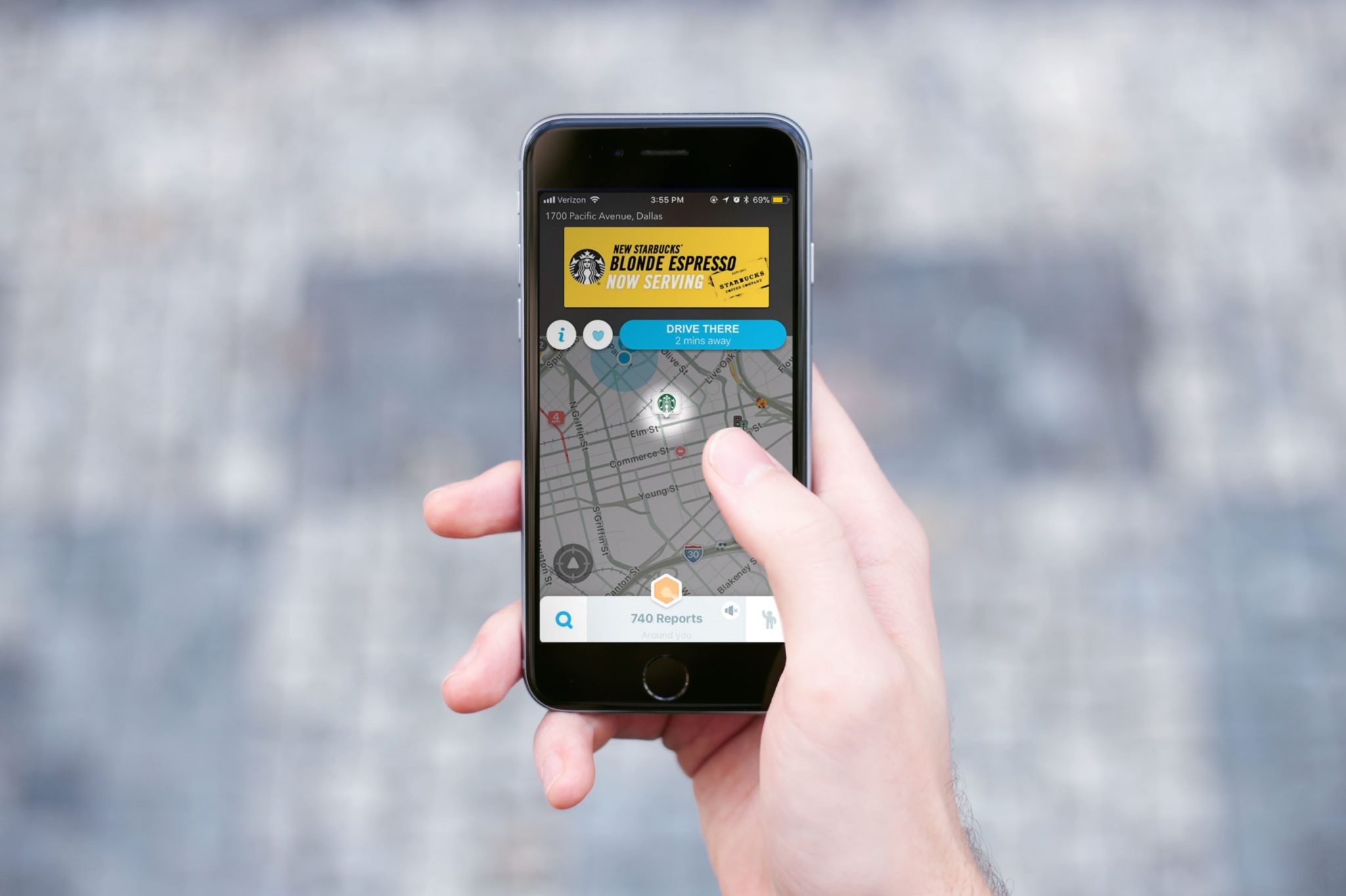Consider Niche Social Networks in Your Social Media Strategy

A smart, diverse social media strategy is essential to reaching your audiences online. Thanks to Facebook’s new algorithm, we know now more than ever that over-reliance on a single channel could put your company in a bind when that channel makes a big change.
But, on the flip side, trying to be on every channel under the sun can be taxing on your resources and ultimately negatively impact your brand. So where’s the sweet spot?
The answer is different for everyone, and may involve more options than you realize. The big six — Facebook, LinkedIn, Twitter, Instagram, Pinterest, and Snapchat — are still fundamental to many brands’ social media strategies. However, to build loyal, highly engaged audiences with more focused interests, businesses should also explore the myriad niche social networks available.
Related: See what else is in store for the future of advertising.
Many niche social networks cater to smaller groups around specific topics or locations, so audiences on these platforms are ideal for brands with:
- Influential leaders.
- Passionate fan bases.
- Hyper-local offerings.
- Vocal customers.
Consider expanding your brand’s social media strategy to include one or more of the following niche social networks.
Foster customer loyalty and engage with fans.
One of the major benefits to niche social networks is the concentration of spirited fan bases waiting to engage with more of the things they love.
From large forums with various subcommunities like Reddit and Tumblr to smaller, ultra-specific sites and apps like Twitch (a live-streaming video platform with avid gamer audiences) and Untappd (a geosocial app for beer enthusiasts), these communities are engaged, vocal, and incredibly passionate.
Think outside the box when considering these niche platforms. For example, beyond the obvious success of gaming companies finding audiences on Twitch, Old Spice leveraged this niche market of millennial males to their advantage in a wildly successful campaign where audiences controlled a “live human” for a three-day streaming event. Similarly, Alamo Drafthouse continues to leverage its unique position in the theater industry as a verified vendor on Untappd.
Brands can use these platforms to directly engage with their most dedicated fans, provide behind-the-scenes access to company news, participate in conversations surrounding their business, and even poll a subset of their audience (a strategy Spotify used to inform future marketing campaigns). We’ve seen big brands successfully integrate these niche networks into their social media strategies for their benefit, like Denny’s on Tumblr.
Increase local brand awareness and following.
Big brands aren’t the only beneficiaries of niche social network marketing. Local businesses can leverage hyper-local platforms like Nextdoor and Waze to bring people in their own neighborhood through their doors.
Waze allows businesses big and small to show drivers in the area where their store is, or advertise through a digital billboard while drivers are at a standstill — a great reminder for both locals and visitors that you’re around. Nextdoor, on the other hand, builds community ties with your business by allowing people who live in your immediate area to find you; it also lets you participate in conversations concerning your neighborhood.
Build your brand with internal influencers.
Companies with influential leaders, employees, and experts can position their internal advocates as influencers on niche social networks that surround their industry.
Leveraging these leaders on ultra-specific platforms can take many forms. For example, they can answer questions in their expertise on Quora, a platform that allows users to ask questions and connect with people who contribute unique insights and quality answers (a favorite in Silicon Valley), or they can connect in person with other professionals through networking apps like Bumble Bizz.
Even more highly targeted groups are discoverable on niche social sites like Goodreads, an online community of avid readers and book lovers that is an ideal platform for publishing houses, authors, and even libraries to form communities around their works and recommendations.
By positioning your internal subject matter experts as brands themselves on sites like these, you can build trust with targeted audiences.
Provide excellent customer service.
Overall, social media networks of all sizes provide brands with the unique opportunity to directly engage their current and potential customers, making these platforms ideal for customer service.
Review-centric sites like Yelp and Angie’s List allow brands to interact with a wide range of customer experiences, while Glassdoor gives businesses the opportunity to talk more about what it’s like to work with and for them. In a more niche market, sites like Houzz are great options for interior design companies, designers, manufacturers, architects, and more. to engage more personally with people further into the purchase cycle than they might be on a larger social media site, like Pinterest.
Ultimately, niche social networks give brands the unique opportunity to interact with and understand their most engaged audiences, making them important considerations for any social media strategy.
These platforms are just a small sampling of networks that could make sense for your brand’s overall digital goals. To start implementing niche social networks in your content marketing strategy, contact us.


